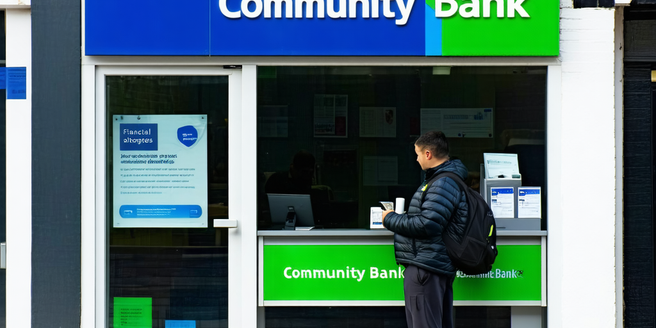
Understanding Low-Income Financial Needs
Low-income individuals often face unique financial challenges, such as unpredictable income streams, higher interest rates, and limited access to conventional credit options. These barriers can make it difficult to meet everyday expenses or handle emergencies. Understanding these needs is crucial for developing effective financial solutions. Services that emphasize flexibility, reasonable fees, and accessible support can make a significant difference in their financial stability. Financial literacy programs also play an essential role, providing the knowledge and confidence needed to manage finances effectively. By addressing specific needs, financial products can be designed to empower low-income individuals, helping them to build savings, manage debts, and improve creditworthiness. The goal should be to offer tools that not only provide immediate relief but also pave the way toward long-term financial health.
Benefits of Prepaid Debit Cards
Prepaid debit cards offer several advantages for individuals seeking an alternative to traditional credit cards. Unlike credit cards, these cards allow users to spend only what they have loaded onto the card, providing a useful budgeting tool that helps avoid overspending and the accumulation of debt. Many prepaid debit cards also come with fewer prerequisites to obtain, making them accessible to those with poor or no credit history. Additionally, prepaid cards often have lower fees compared to traditional banking services, and they make it easier to make both online and in-person transactions. As they help in financial management without the risk of debt, prepaid debit cards are a practical choice for low-income individuals looking for a safe, budget-friendly way to handle their transactions.
Exploring Credit Unions and Community Banks
Credit unions and community banks provide important financial alternatives for those who may not have access to larger banking institutions. These local entities are known for offering more personalized services and lower fees, which can be highly beneficial for low-income individuals. Unlike commercial banks, credit unions are member-owned and operate as non-profits, which often means they prioritize the financial well-being of their members. Community banks focus on local development, providing easier access to credit with more flexible terms. By supporting local communities, these institutions often offer services that are more in line with the needs of their customers, such as lower-interest loans and accounts with fewer fees. They serve as a vital part of helping people achieve financial stability and growth by making financial services more inclusive.
Microloans: A Viable Credit Option
Microloans provide a small, manageable amount of credit to individuals who may not qualify for traditional loans, making them an attractive option for low-income borrowers. Originating in the microfinance sectors of developing countries, microloans are designed to support those with limited access to standard financial services. These loans typically come with lower interest rates and more flexible terms compared to conventional loans, allowing borrowers to cover essential expenses or invest in small-scale entrepreneurial activities. By reducing the risk associated with borrowing, microloans enable borrowers to build trust with financial institutions. They are particularly beneficial for those looking to improve their credit scores or establish a financial track record without overextending themselves. This option highlights how specialized credit products can meet unique financial needs and foster economic empowerment.
Building Credit with Secured Credit Cards
Secured credit cards can be a practical way for low-income individuals to build or rebuild their credit score. Unlike traditional credit cards, secured cards require an upfront deposit that typically serves as the credit limit, minimizing the lender’s risk. This makes them more accessible to those with little to no credit history. By using a secured credit card responsibly, one can demonstrate creditworthiness over time. Regular reporting to credit bureaus helps in improving the credit score, which is crucial for accessing better financial opportunities in the future. Additionally, secured cards often come with fees lower than those associated with other subprime lending products. When used alongside good budgeting practices, secured credit cards can be an effective stepping stone toward better financial health and the chance to qualify for more conventional credit products down the road.
